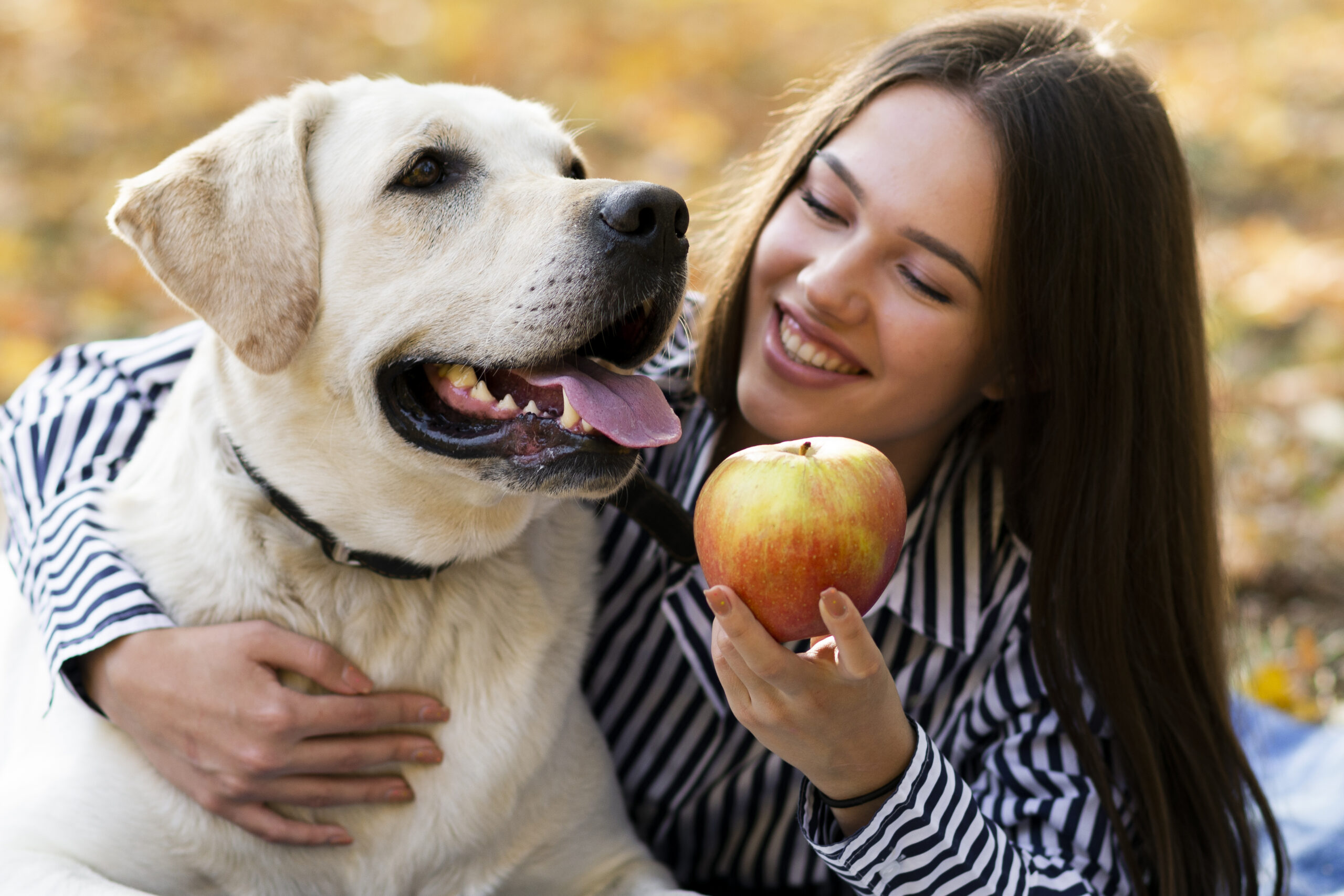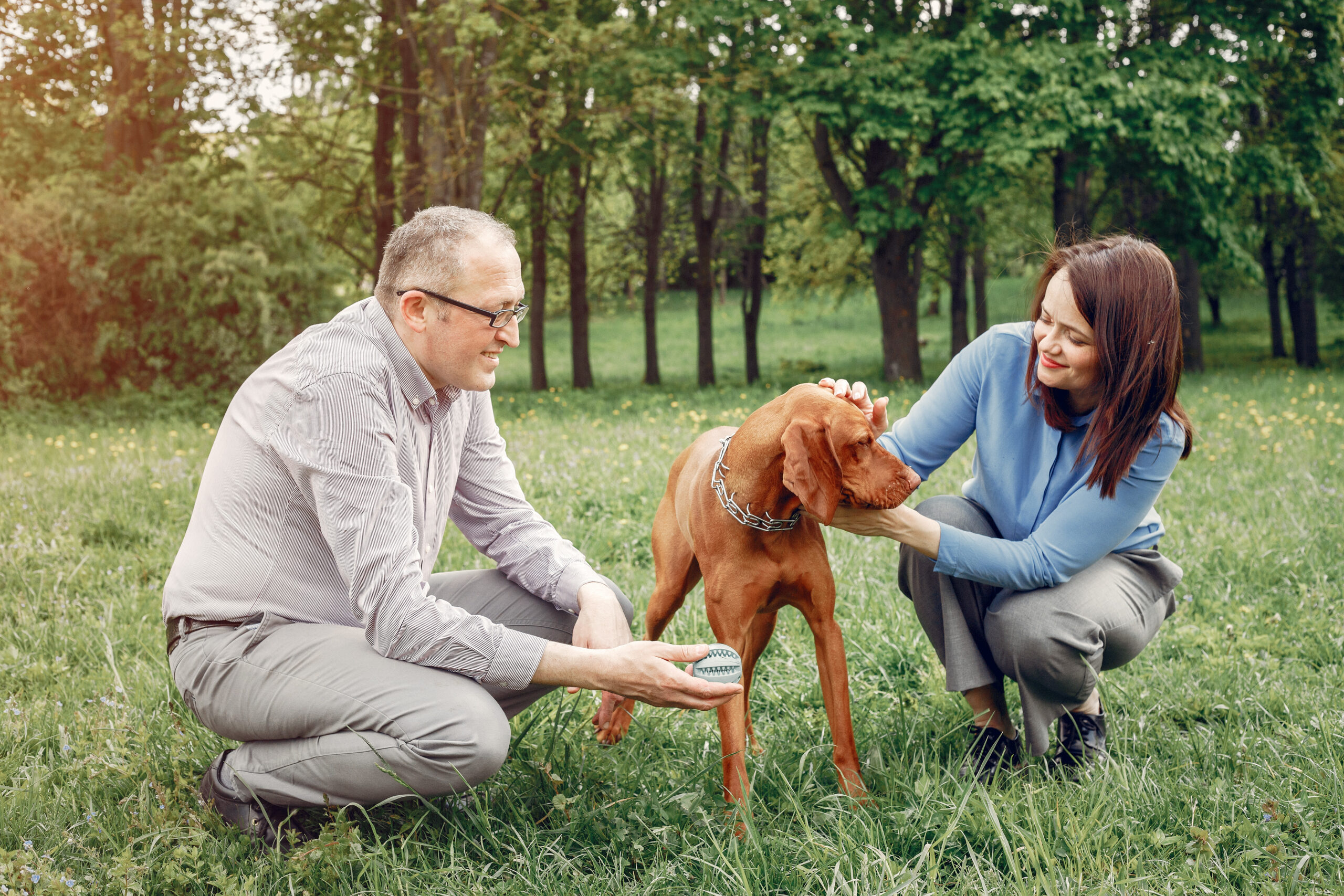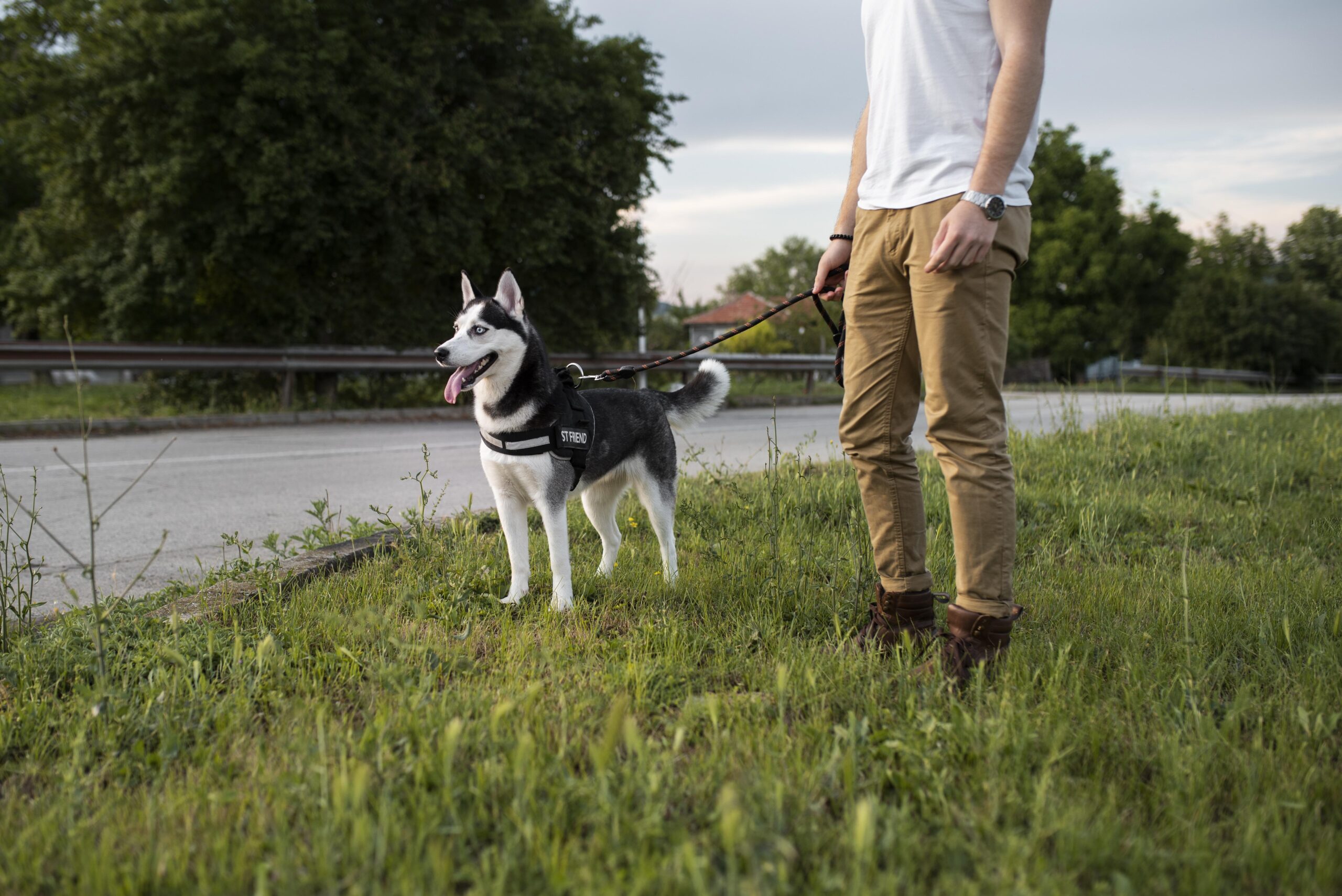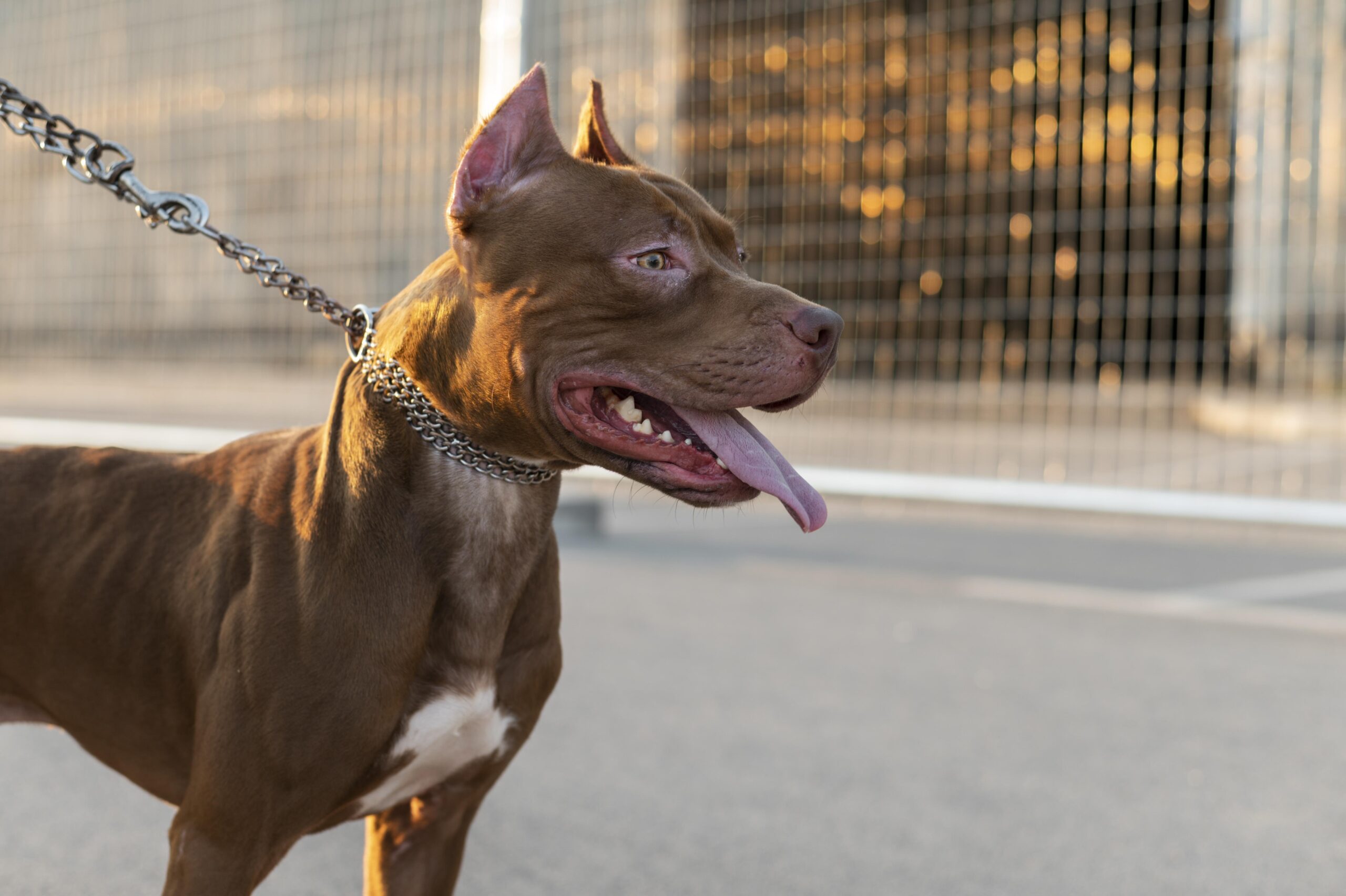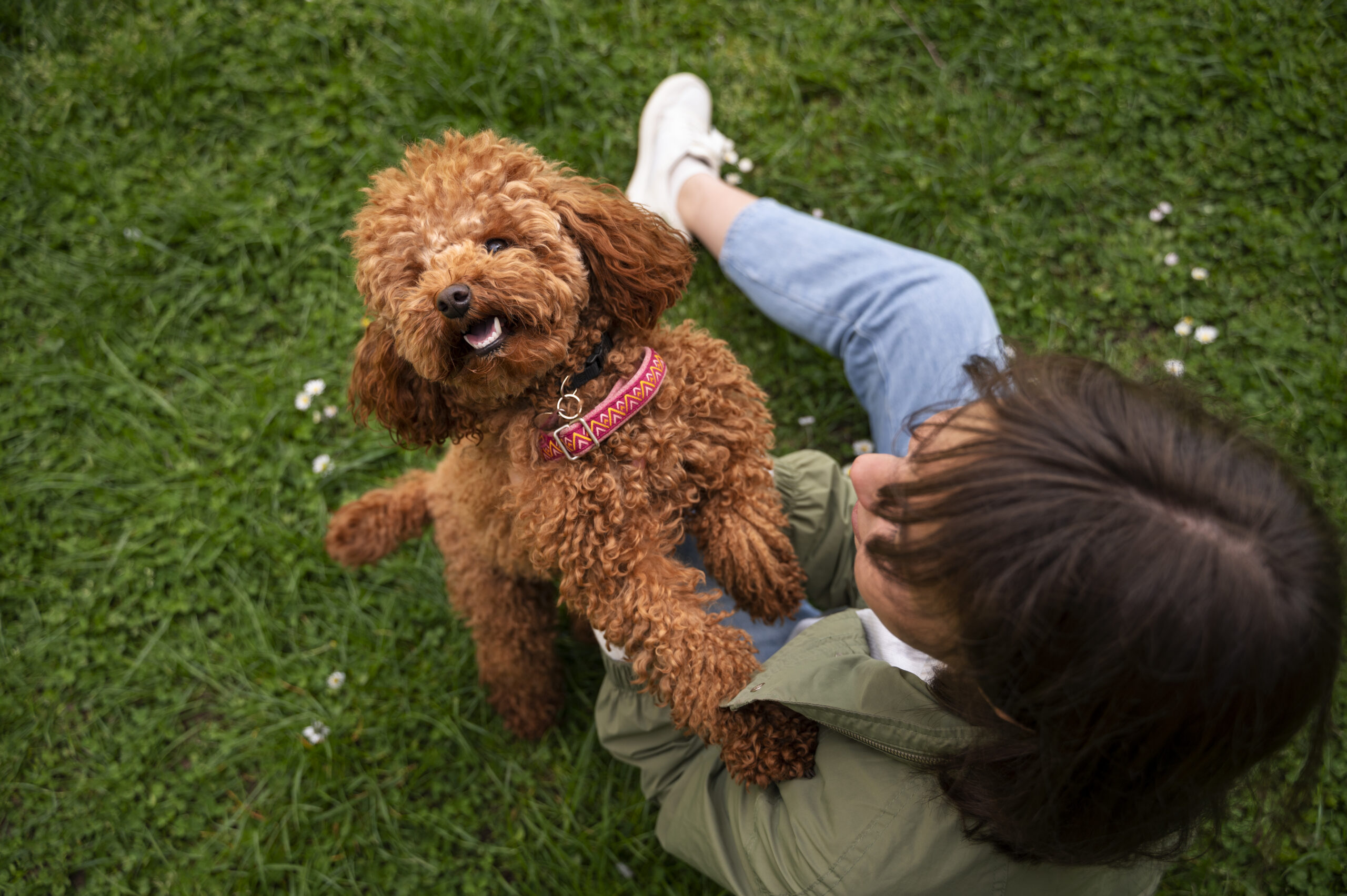How E-Collar Helps Dogs Who Ignore Voice Commands Outdoors
It’s startling to learn that up to 40% of dogs don’t reliably follow voice commands outdoors. Distractions like squirrels, strangers, and unfamiliar scents can easily overpower the voice of their owners. This is where E-collars come to the rescue, providing a solution that helps bridge the gap in communication. Historically used for hunting dogs, E-collars … Read more



